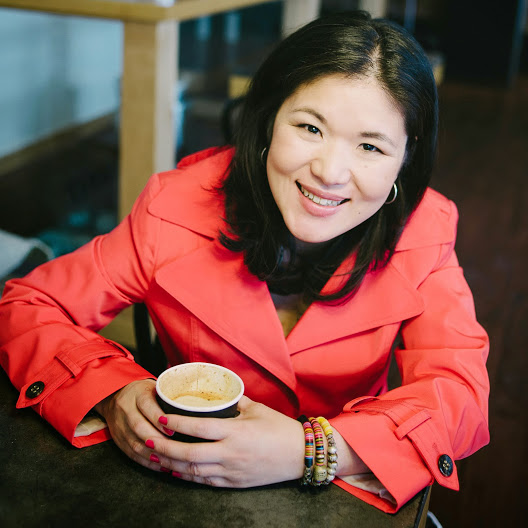You are going to die.
These are words few want to read or hear, and if you are a patient or the patient’s loved one, this sentence can send shock waves through your system. However, what follows this sentence is often confusion and disbelief. And for some doctors, they are uncomfortable reporting the bad news.
What patients want to hear and what they need to hear may sound like walking an ethical medical tightrope but end- of- life care discussions are necessary.
While the medical news may not change the final outcome for the patient and their family, it does allow them to begin to plan for the future. In my late husband’s situation, he was able to share with me his wishes for the funeral service and burial. In addition, a do not resuscitate order was signed because we both knew any efforts to keep him alive would only prolong suffering. In other words, the outcome was not going to change.
Most people do not want to mull over medical details concerning what could be their final days, but I found with my late husband it made it slightly easier to adapt to the pain. I knew, for instance, where to focus my attention. Instead of making desperate phone calls to try to get him into a clinical trial or obtain a third medical opinion, I concentrated instead on managing the logistics, if you will, of how my husband wanted to spend his remaining weeks. And this, in turn, was in an odd way liberating for both of us. While it is no picnic imagining how you want to spend your last days with your loved one, it was best for us knowing these were the last days.
Control was something we were both seeking during his medical crisis. We couldn’t control the pathology results, what time the doctor was available to see us, who would be drawing blood, but we could control, to some extent, how his last days would be spent.
In doing research for my book, “A Widow’s Guide to Healing” ,and during the years since its been published I’ve spoken with hundreds of widows. And widows often commented they wish a doctor had told them sooner their spouse’s condition wouldn’t improve with heroic medical interventions. Sadly, in many cases, things got worse. Painful infections post- surgeries resulted and other critical medical conditions soon became the new focus.
I strongly believe that uncertainty can create for patients and their families false hope. Just look around you, and chances are you will see an advertisement for a medical treatment or drug that gives promise. And what most people in these situations crave is hope. However, this can come at a price, both literally and figuratively. In the United States of America, we live in a society when giving up is seen as a failure. Only the weak give in. Survival is the ultimate goal and those who fall short have somehow failed. And yet, the harsh reality is such that not every illness has a cure.
This 2011 essay, “How Doctors Die”,shared with the world that while most doctors die in their home, they do so with less aggressive forms of end-of- life treatment than most people.
Thankfully, in my husband’s case, the doctor practiced transparency and was compassionate in delivering the news. Before the doctor told us the heartbreaking news, my husband and I both thought he would undergo surgery to remove the malignancy. And this procedure had fears of their own. Now, instead of asking questions about surgery, palliative care questions were raised.
Discussing end- of- life issues isn’t attractive; however, it can ease the pain that uncertainty carries with it. Speaking up and demanding transparency from a doctor helps you as a patient or loved one make informed decisions and weigh potentially medically fragile situations with more accuracy. And on a personal level, it opens a conversation that gives you the opportunity to share things you may be holding back.
Practicing radical transparency with patients and their families enables them to consider all end- of- life care options and when to implement them. Without this medical transparency, it is extremely difficult for patients and families to know where to place their money, energy and time. With transparency they are able to ask for what they need and prefer and are able to make better decisions because they are given the big picture.
References
Murray, Ken (2011). “How Doctor’s Die. Zocalo. Online


